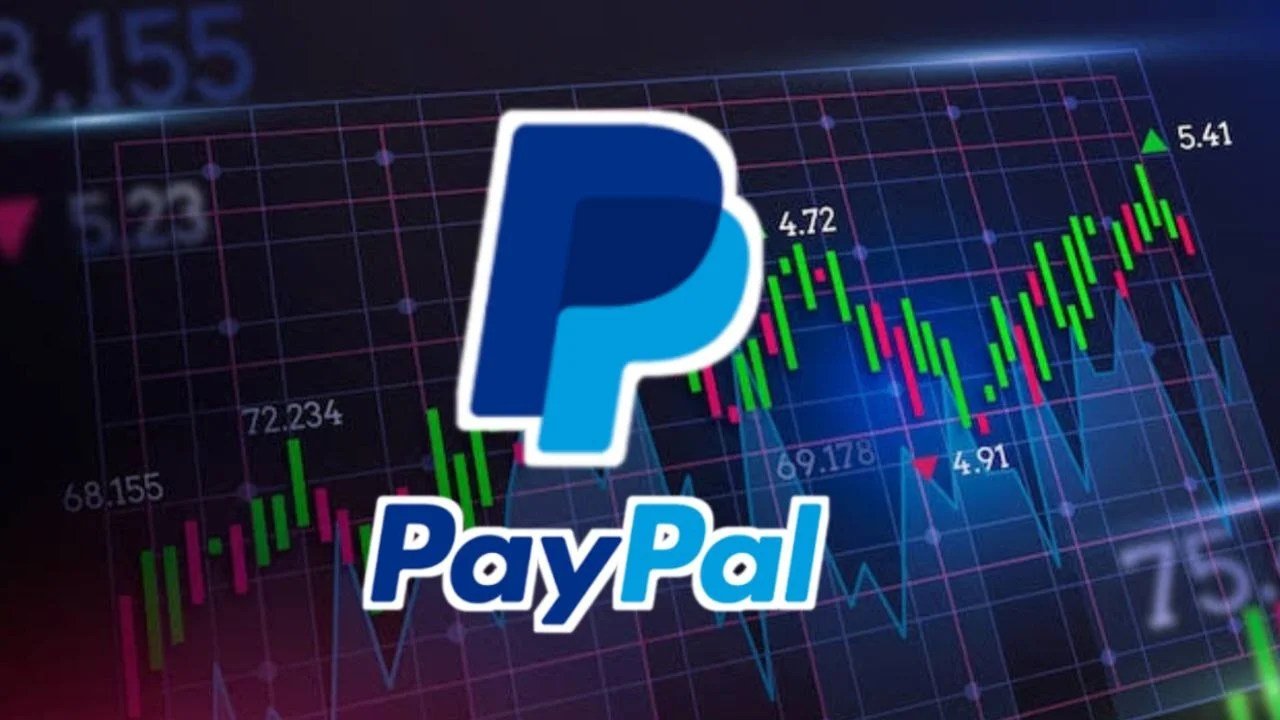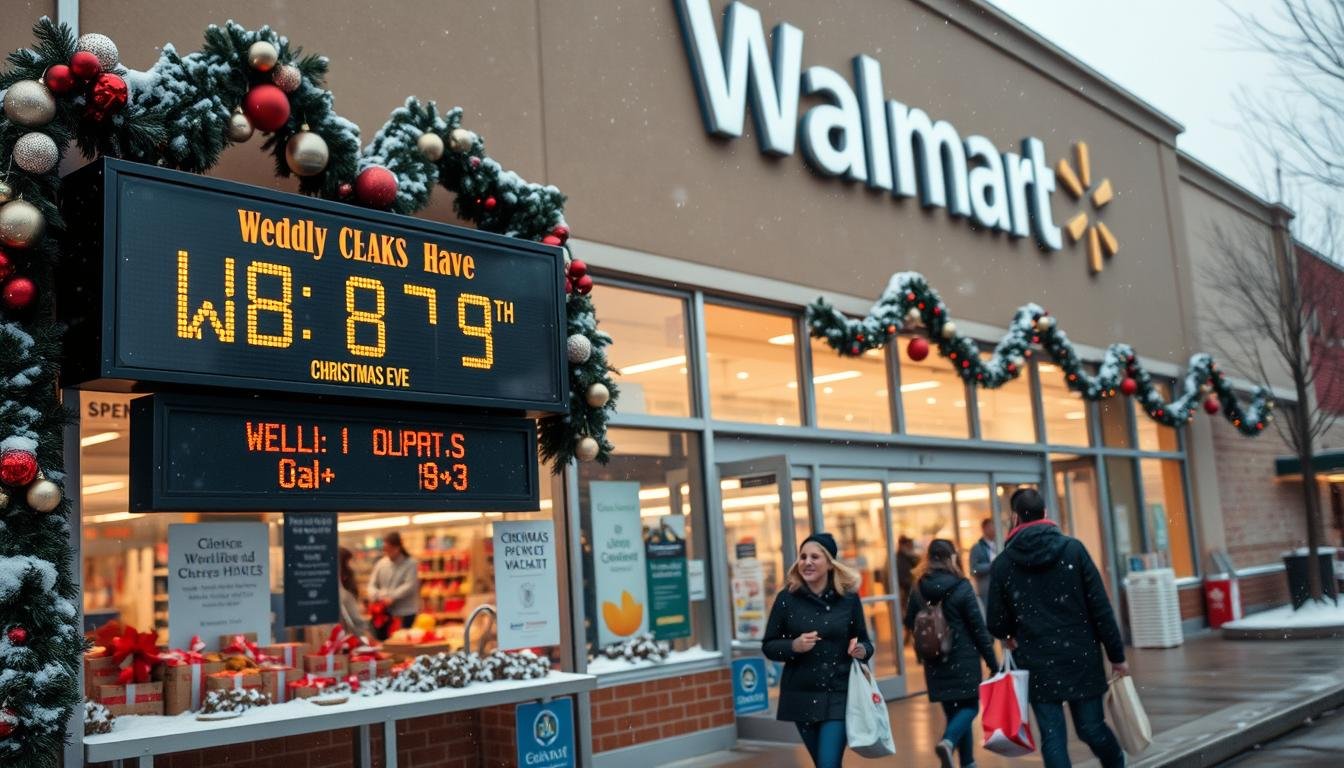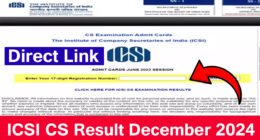Table of Contents Show
PayPal reported fourth-quarter results that surpassed analysts’ expectations, yet the company’s shares declined by over 9% in Tuesday morning trading.
Key Financial Highlights:
- Adjusted Earnings Per Share (EPS): $1.19, exceeding the anticipated $1.12.
- Revenue: $8.37 billion, surpassing the expected $8.26 billion.
- Total Payment Volume (TPV): $437.8 billion, slightly below the projected $438.2 billion.
For the first quarter, PayPal forecasts adjusted EPS between $1.15 and $1.17, above the average analyst estimate of $1.13. The company also announced a new $15 billion share repurchase program, with plans to repurchase approximately $6 billion in shares in 2025.
Unbranded Payment Volume:
Unbranded payment volume, which includes transactions PayPal processes for external businesses, declined to 2% from 29% a year earlier. Chief Financial Officer Jamie Miller indicated that similar trends are expected in the upcoming quarters, with renegotiations with existing customers potentially posing a five-point revenue growth headwind in 2025.
Transaction Margin and Take Rate:
The transaction margin increased to 47% from 45.8% in the previous year, while the take rate decreased to 1.91% from 1.96%. In 2024, transaction margin dollars grew by 7% to $14.7 billion, driven by services like Braintree, which processes credit-card transactions for companies such as Meta.
Venmo Performance:
Venmo’s total payment volume rose by 10% year-over-year, with businesses like DoorDash, Starbucks, and Ticketmaster now accepting Venmo payments. The company emphasized the growth of Venmo’s debit card and the “Pay with Venmo” feature as primary monetization strategies.
Strategic Initiatives:
CEO Alex Chriss, who took the helm in September 2023, has focused on profitable growth and better monetization of key acquisitions like Braintree and Venmo. In 2024, PayPal reduced its workforce by 10% and invested in AI and automation, which Chriss described as critical to the company’s future.
Despite these positive developments, PayPal’s stock declined due to concerns about slowing growth in its branded checkout segment and increased competition from companies like Apple.









